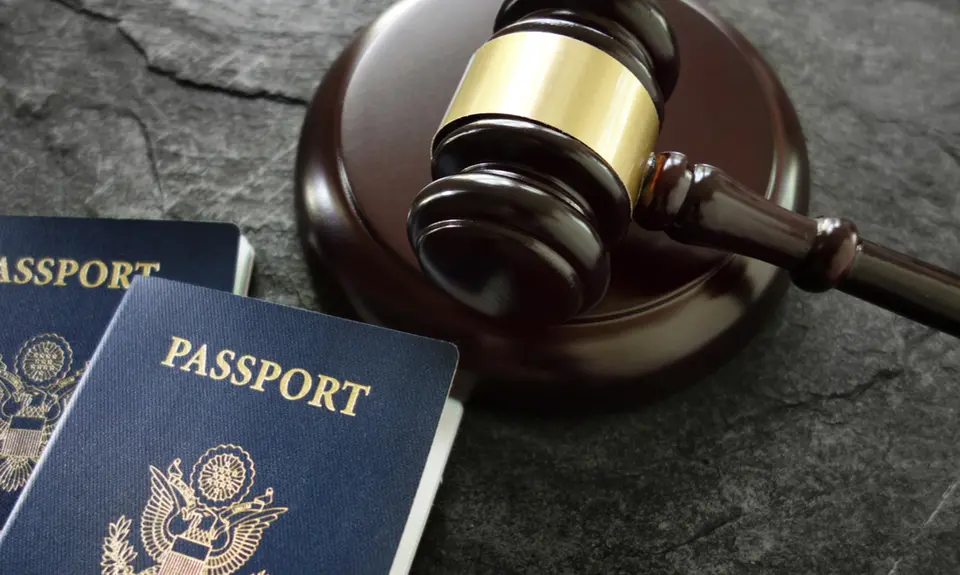“Confirmed Judges, Confirmed Fears” is a blog series documenting the harmful impact of President Trump’s judges on Americans’ rights and liberties. Cases in the series can be found by issue and by judge at this link.
On January 27, 2020, in a 5-4 decision, Supreme Court Justices Neil Gorsuch and Brett Kavanaugh cast the deciding votes to allow the Trump administration to implement its revised public charge rule to deny immigrants permanent residency if they have applied for public benefits while the case is appealed. The case is Department of Homeland Security v. New York.
In 2018, the Department of Homeland Security began a rulemaking process to revise the long-held meaning of “public charge” as defined in federal immigration law. The revised meaning would deny permanent residency to immigrants if they received even one form of public assistance - Medicaid, food stamps or other social safety net programs – for more than 12 months in a three-year period. The receipt of two forms of public assistance in one month would actually count as two months of benefits. Once the final rule change was issued, many states, organizations, immigrant groups and individuals sought an injunction to prohibit the government from enforcing the rule, arguing that it violates congressional immigration statutes. District courts have blocked enforcement of the rule, and have explained that such a policy would affect over 50 percent of all immigrant visa applicants; furthermore, the Trump administration provided no evidence of national security or foreign relations justification for the change in policy and immigration law. As a result of such rulings, the Trump administration sought approval from the Supreme Court to move forward with implementing its new policy.
The majority of the Supreme Court, without an opinion or explanation, lifted the stay and has, for now, enabled the Trump administration to enforce the nationwide policy while the case is appealed. Justice Gorsuch, joined by Justice Clarence Thomas, authored a concurrence explaining that the widespread practice of allowing lower courts to issue nationwide stays is the true problem in such situations. But the true problem isn’t a dispute over the authority over lower courts’ authorization to issue this type of injunction – it’s the cruelty of this blatantly discriminatory rule and, if enforced, its devastating impact on thousands of impoverished immigrants.
